Turn Your Photos into Color Palettes with These Online Generators
Color is a powerful tool in design. It shapes mood, builds visual identity, and helps brands stand out. However, choosing the right combination of colors isn’t always easy, especially when starting from scratch. That’s why online color palette generators from images have become increasingly popular.
These tools help users take inspiration from real-world images and turn them into color schemes with just a few clicks. This guide explores the best free tools that generate color palettes from images, how they work, and how they can benefit both professionals and hobbyists.
What Is a Color Palette Generator from an Image?
A color palette generator from an image is an online tool that analyzes the colors in any uploaded photo and produces a matching color palette. These palettes often include HEX codes and can be used in digital or print design. By extracting the most dominant or complementary colors from a picture, designers can easily match colors to a theme, environment, or brand style.
Why Designers Use These Tools
Instead of guessing or manually picking colors, a generator saves time and improves accuracy. It allows designers to work from real images that inspire them—like a sunset, a cityscape, or even a brand photo.
Here’s why many creators use image-based color palette generators:
- Faster design workflow – no need to select colors one by one
- Real-world inspiration – extract colors from everyday life
- Improved color harmony – tools find balanced shades
- Easy color code access – HEX, RGB, or HSL values available instantly
- Visual consistency – ensures that branding, websites, and content have matching tones
Whether creating a mood board, web design, social media graphics, or print layout, having a tool that generates a color palette from an image brings efficiency and inspiration together.
Popular Free Online Color Palette Generators from Images
Several online platforms offer free and user-friendly tools for generating color palettes. Here are the top choices, along with what makes each of them unique:
Coolors.co
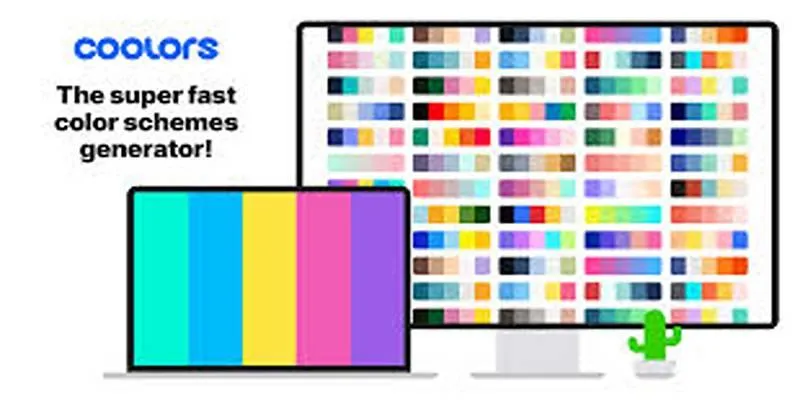
Coolors has become a favorite among designers thanks to its intuitive interface and wide range of features.
Key Features:
- Upload an image and instantly extract a palette
- Adjust, swap, or lock specific colors
- Export palettes as PNG, PDF, or SCSS
- Includes HEX, RGB, CMYK, and HSL values
Coolors is perfect for users who want full control over their palettes while still relying on automation. It even allows users to build palettes from scratch or browse trending schemes from other users.
Adobe Color
Adobe Color is a trusted platform from Adobe that not only generates palettes but also provides advanced color theory tools.
Key Features:
- Drag and drop an image to extract primary colors
- Offers color harmony rules like complementary or analogous schemes
- Saves palettes to Adobe Creative Cloud
- Built-in accessibility checker for color contrast
This tool is especially useful for professionals working with other Adobe software such as Photoshop or Illustrator.
Canva Color Palette Generator
Canva’s free tool is ideal for beginners and quick projects.
Key Features:
- Upload an image and see four to five main colors
- Click to copy HEX codes
- Mobile-friendly and easy to use
- No account is needed to access the generator
Because Canva already serves as a design platform, this tool fits seamlessly into projects made inside Canva’s editor.
Color Thief
Color Thief is a simple but powerful option for users who want quick results.
Key Features:
- Extracts either the dominant color or a full palette
- Works through drag-and-drop
- Offers a JavaScript library for developers
- Lightweight and fast performance
While it doesn’t have the visual styling of other platforms, Color Thief gets the job done quickly and reliably.
Pictaculous
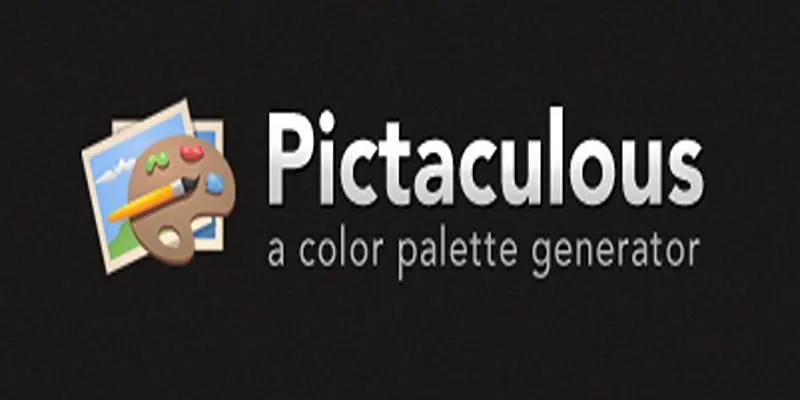
Developed by Mailchimp, Pictaculous is another quick tool that offers solid results.
Key Features:
- Upload an image to receive a five-color palette
- Suggest additional matching palettes from Kuler and COLOURlovers
- Provides downloadable swatches
- No account needed
It’s perfect for simple tasks where users need a fast and decent color breakdown without diving into technical settings.
How to Use a Color Palette Generator (Simple Steps)
Most tools follow a similar process when generating a palette from an image. Here’s how it usually works:
- Choose an image : This can be a photo of nature, people, objects, branding, or anything else.
- Upload it to the tool : Drag-and-drop or select from your device.
- View the results : The tool highlights the most common or dominant colors.
- Download or copy : Save the color codes or export the full palette.
- Use in design : Apply it in web design, graphic work, social media, or even print.
What Makes a Great Color Palette?
A visually appealing color palette usually includes:
- Base color : The dominant shade from the image
- Secondary color : Adds contrast or support to the base
- Accent colors : Bring energy or depth to the design
- Neutral colors : For background or minimalist areas
Good palettes are balanced, easy on the eyes, and match the tone or emotion the project wants to express.
Use Cases for Color Palettes from Images
Color palette generators can be used in various creative fields. Here are some common use cases:
- Web design : Building consistent UI or UX color systems
- Branding : Creating logos and brand identity visuals
- Social media : Matching content to brand colors
- Fashion design : Pulling textile or outfit inspirations
- Interior design : Matching furniture or wall colors to an aesthetic
- Photography : Color grading and styling shots based on extracted palettes
These tools are not just for designers. Content creators, marketers, and developers also benefit from using color palettes for consistency.
Conclusion
Online color palette generators from images have transformed how people approach design. Instead of wasting time guessing, users can now pull professional-level palettes from any photo they love. Whether it’s a landscape, a product shot, or a personal picture, these tools simplify the creative process and help deliver visually stunning results. With tools like Coolors, Adobe Color, Canva Palette Generator, and Color Thief, users can turn everyday visuals into design-ready color schemes in seconds. Best of all, they’re free and don’t require any expert knowledge.
Related Articles
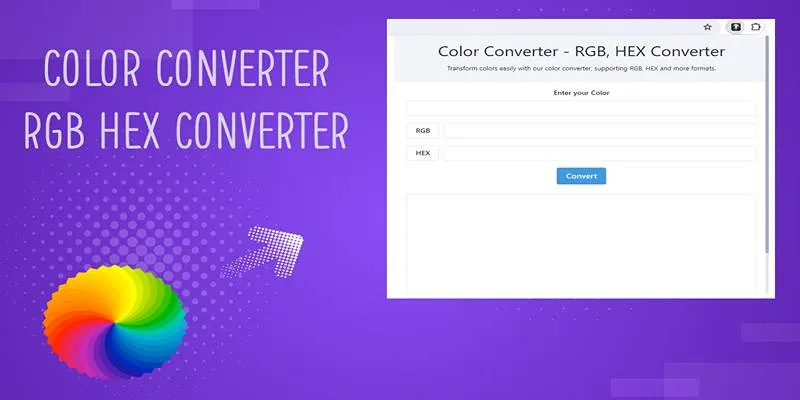
Free Tools to Convert HEX to RGB Codes for Designers and Developers

Free Online Screen Recorders with Simple and Fast Export Options
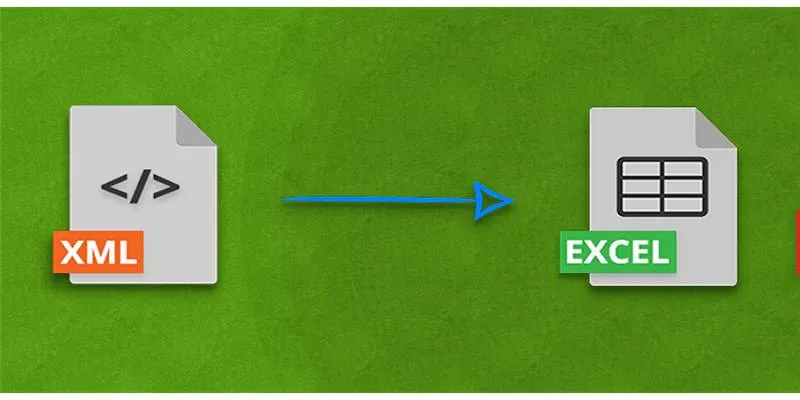
Convert XML to Excel Online – Easy & Quick Method (No Coding Required)
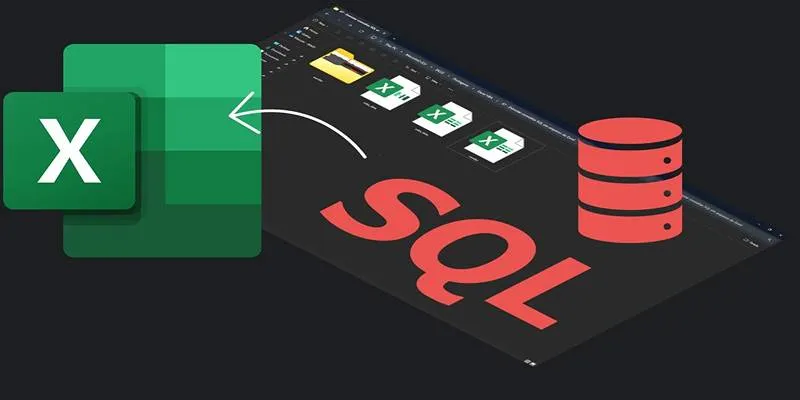
Export SQL Query Results to Excel with These Free Online Tools
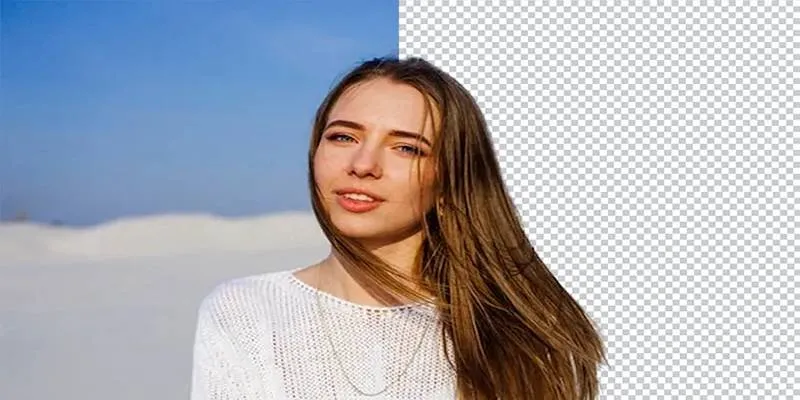
Top AI Background Removal Tools You Can Use Without Photoshop

The 10 Best Online Form Builder Apps You Need to Try in 2025
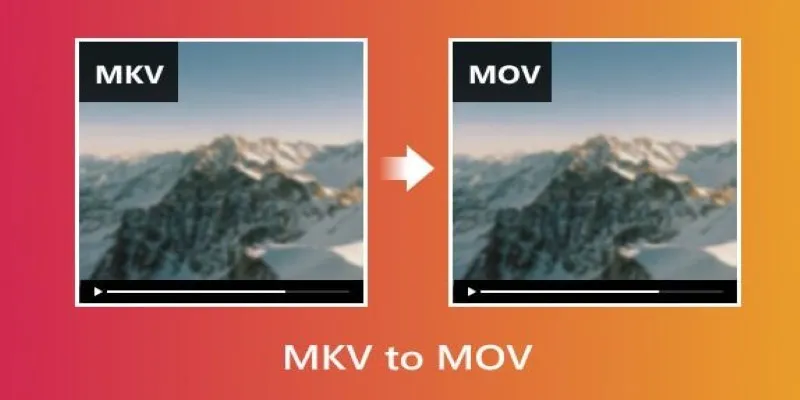
Convert MKV to MOV with These 2025 Online Tools
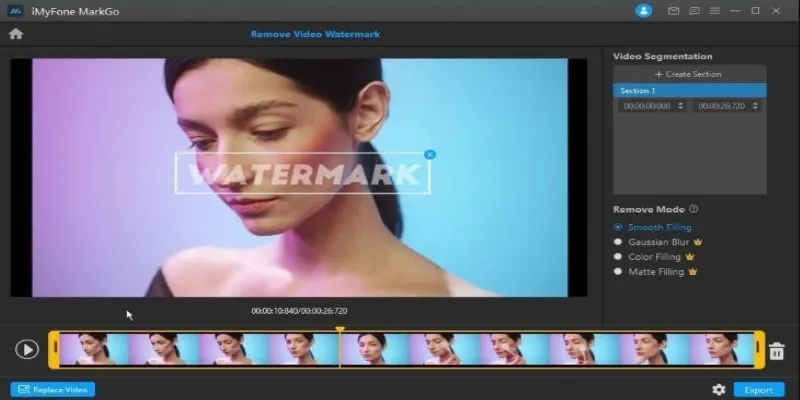
Best AI Video Watermark Removers Online: Top 4 Tools for Seamless Editing
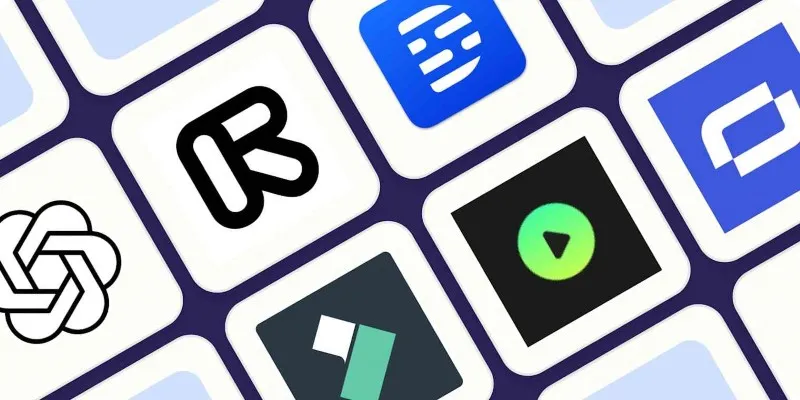
2025's Top AI Tools for Converting Images into Videos
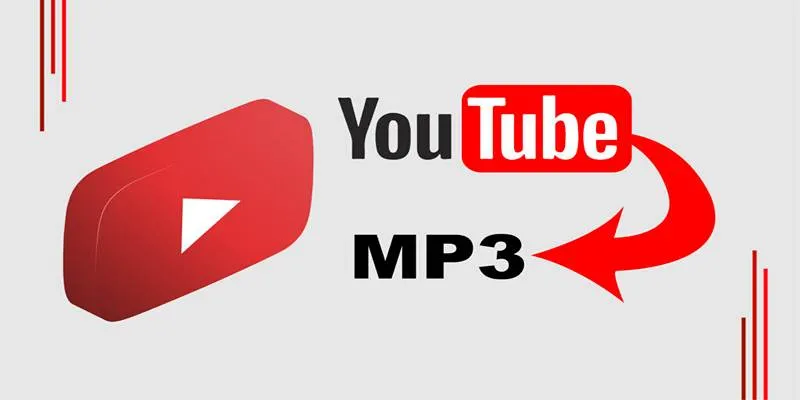
Top 2024 YouTube to MP3 Converter Sites That Are Safe, Free, and Legal
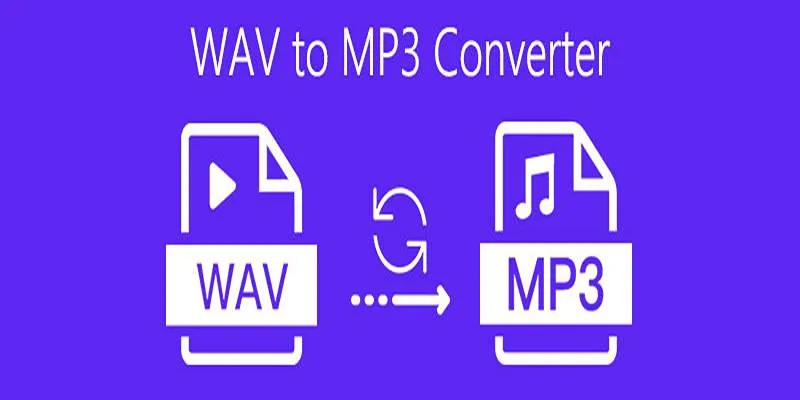
Step-by-Step Guide to Convert WAV to MP3 Online Without Any Loss
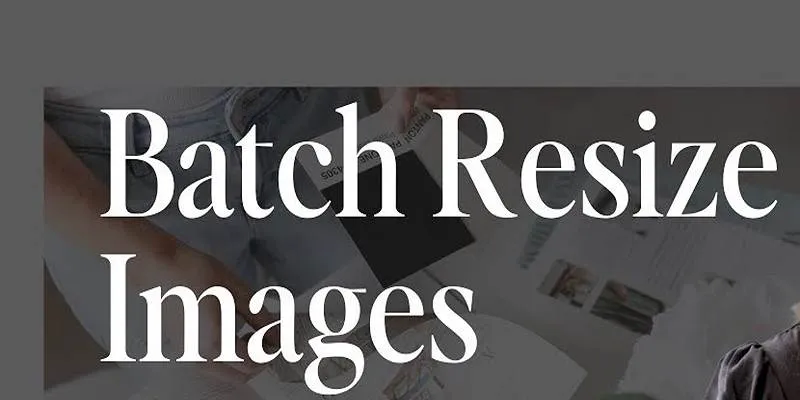
Best Free Online Tools to Resize Images in Bulk Without Quality Loss
Popular Articles
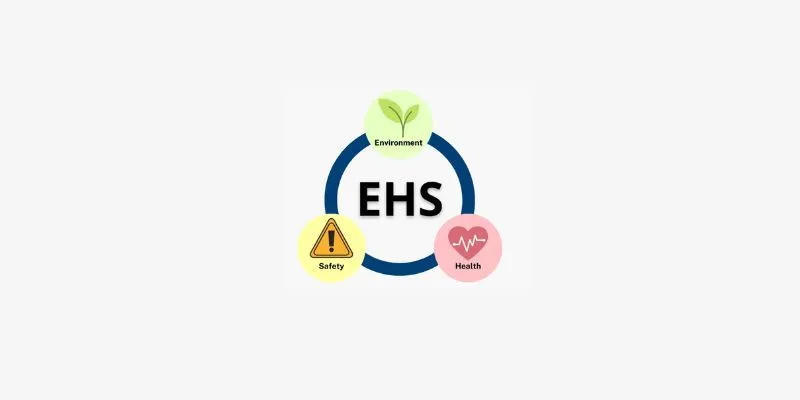
How to Choose EHS Management Software: A Handy Checklist for Your Business
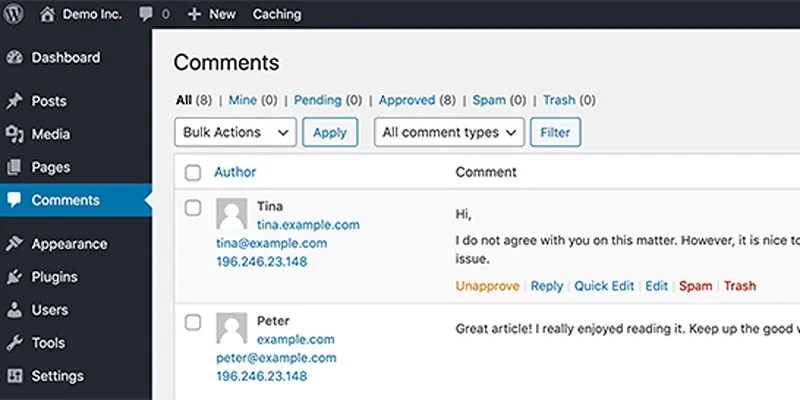
10 Effective Tips to Prevent Imposter Comments in WordPress

Microsoft Planner vs. Trello vs. Asana: In-Depth Product Analysis

What is the Hello Dolly WordPress Plugin: A Guide for Beginners
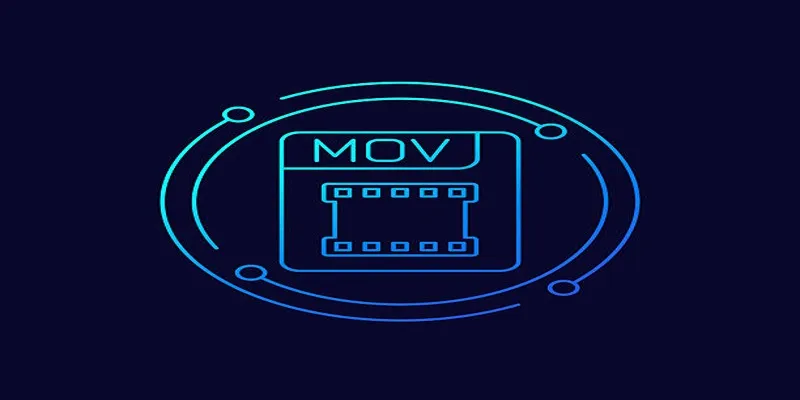
How to Effortlessly Convert MOV to MPEG and Vice Versa

Step-by-Step Guide to Creating Canva Slideshows with Audio
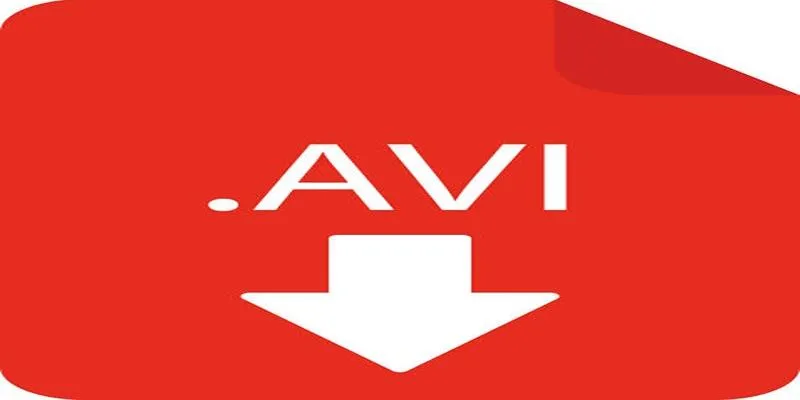
3 Easy Ways to Transform AVCHD Files into AVI Format
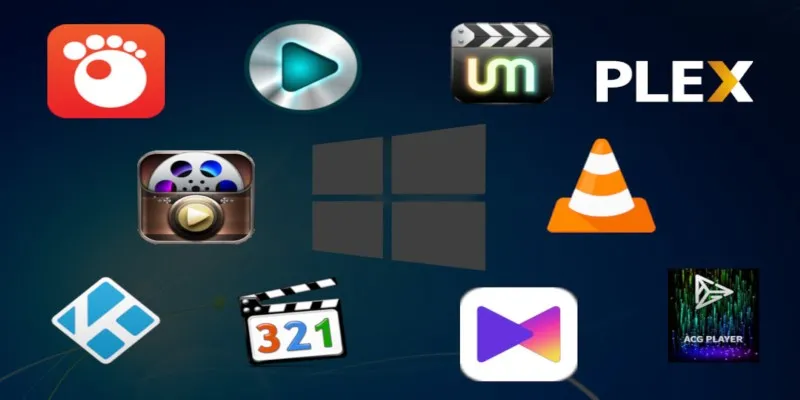
10 Popular MOV Players to Use on Your Windows
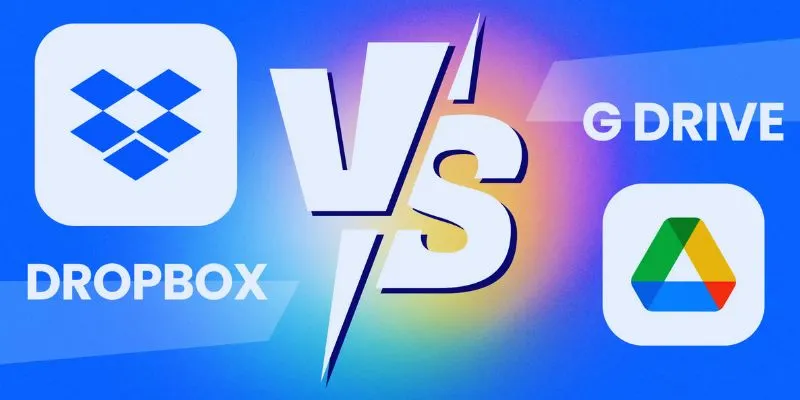
Dropbox vs. Google Drive: Which Cloud Storage Solution Fits Your Needs

Everything You Need To Know About Google Docs Pageless View

Slack vs. Teams: Which Should Your Business Use for Better Collaboration
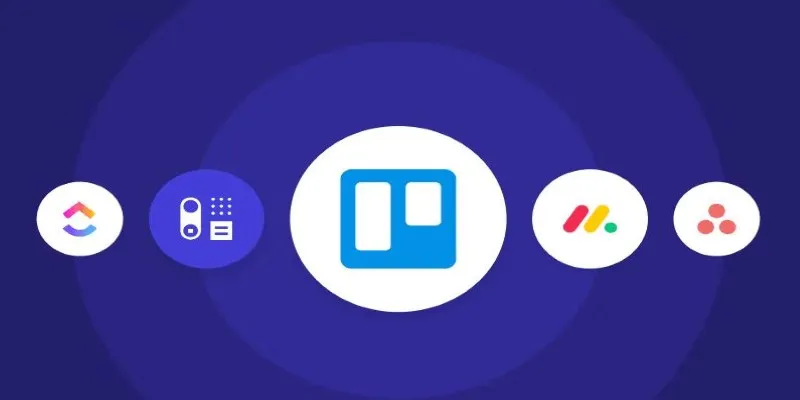
 mww2
mww2